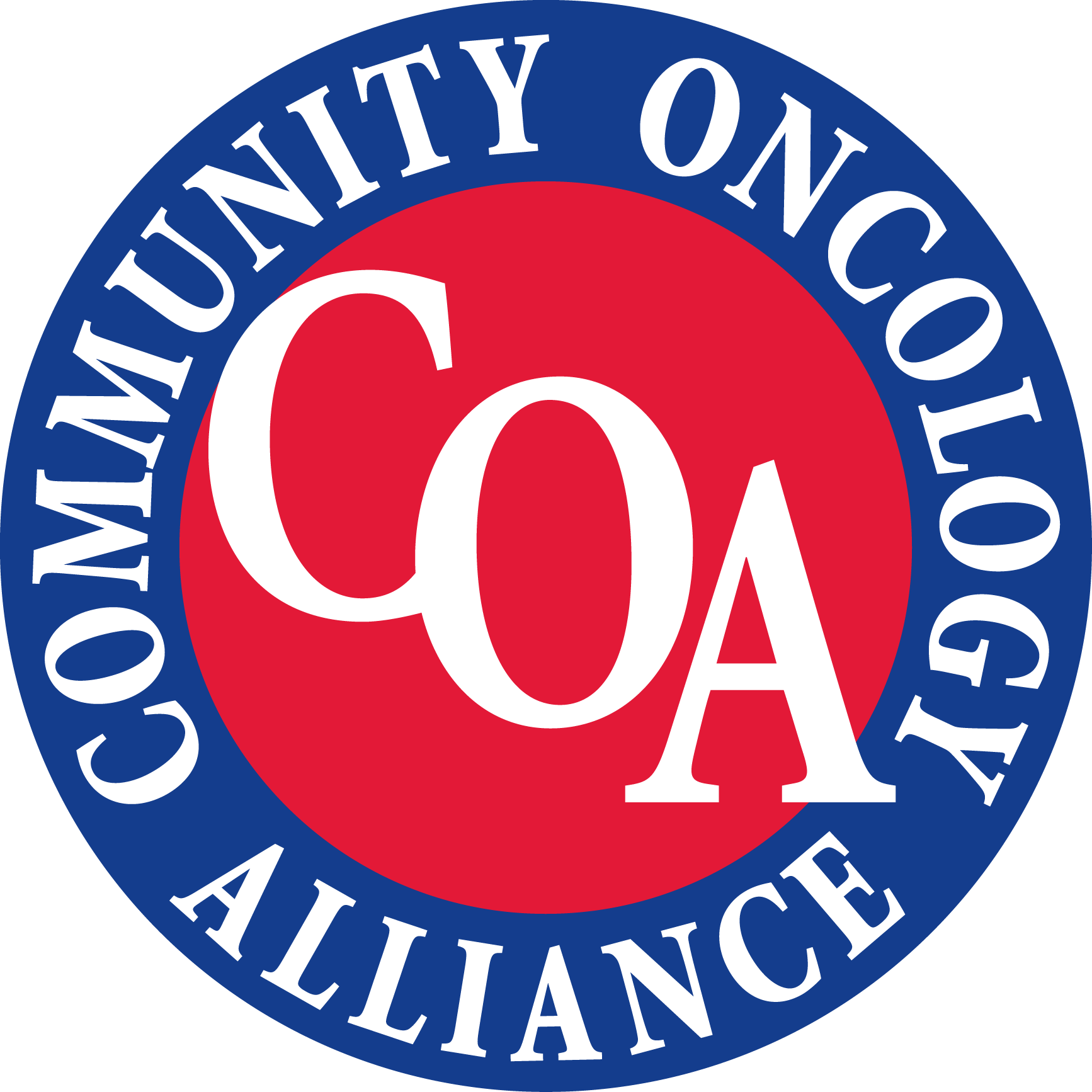
Dr Davey Daniel on the Importance of Health Equity at OneOncology

Davey B. Daniel, MD, chief medical officer at OneOncology, shares his insights on health equity practices, as well as the importance of developing clinical models within community oncology.
Physicians have an obligation to their community to provide diverse groups of patients with accessible and affordable care, said Davey Daniel, MD, chief medical officer at OneOncology.
Transcript
How is health equity approached across OneOncology practices?
Health equity is what community oncology is all about. We see every patient who walks through the door. We're committed to our community that we live in, that we practice in, and by definition, because most of our patients are in our local area, we actually tend to be far more diverse than those seen in academic institutions and sometimes even hospital systems. Because we do have that obligation to our community that we live and work in. When we talk about health equity, and when I talk to pharma about health equity, the way you reach health equity and research and care is you make the research available at the at the practices practice level across multiple sites, not just large clinics where they can recruit a lot of people in financially well-off communities. But you have to make those trials available where those patients are being treated. So, for a diverse patient population, it has to be multiple sites at multiple cities across the country, rather than focusing on just a few academic centers.
Several physicians affiliated with OneOncology practices are made clinical presentations at this year’s meeting. How important is it that COA now has a clinical track for attendees?
We know that for medical oncologists, it's key that we're time efficient. And to be quite honest, we're motivated by what's going to help the patients. Incorporating multiple tracks, whether it's business, whether it's research, whether it’s the cutting edge in clinical care is important; it’s what motivates us. And so, by including it in the Community Oncology Alliance] (COA) conference, I think we've made great strides. We can pull in important speakers, you can summarize data, and make it very time efficient for docs, and kind of just motivates us.
Last summer, OneOncology created disease groups as a way of developing its clinical pathways. How is that process going? How is this approach a good model for community oncology?
Having sub-specialization in the community has always been a difficult question. How do you leverage that even in small practices? I think it's by having a group of physicians that you can reach out to, whether it's in your practice, or whether they're across the country, but in your platform. Our disease groups have kind of served that purpose. We started off by just asking them to help us develop pathways, and that's a pretty labor-intensive process. But what we realized is once you get that and keep them up and running, that's part of the work. But how can we also address other issues like what are areas of research that we should be focusing on in that disease specific area? What are the next steps in pathology testing we should be looking at, whether it's precision medicine, or even something as simple as HER2 IHC [human epidermal growth factor receptor 2], so that we can distribute that across our practices. And now we've started reaching out and saying, “Okay, what are the educational needs for our Doc's? What are your partners asking for each time?” And so, every time we meet, we're asking kind of those 4 core questions. And we're not even limiting it just to pathways now. Now we'll start to meet in person on a regular basis as well, because I think we can all work better after we spent some time together.
Newsletter
Stay ahead of policy, cost, and value—subscribe to AJMC for expert insights at the intersection of clinical care and health economics.









